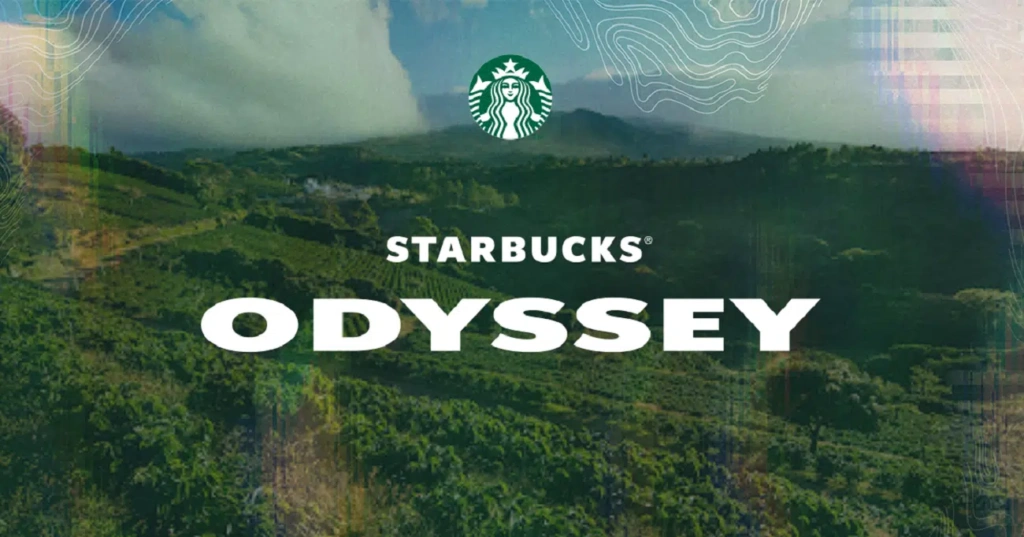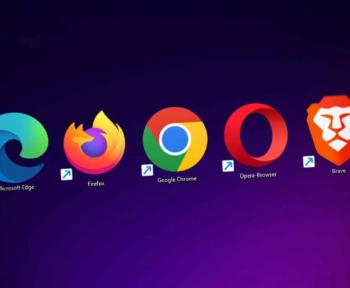Starbucks Odyssey, the coffee giant’s ambitious foray into the world of Web3 and non-fungible tokens (NFTs), has reached the end of its journey.
After just 18 months, the company announced that it would be discontinuing its Odyssey program, a groundbreaking initiative that integrated the Starbucks Rewards loyalty program with NFT-based digital collectibles.
What was Starbucks Odyssey web3 program?
Launched in 2022, Starbucks Odyssey aimed to revolutionize customer engagement by combining the traditional loyalty program with Web3 technologies. Members could earn “stamps” (NFTs) by completing various activities, such as playing games or learning about coffee. These stamps could then be exchanged for rewards or traded on the marketplace.
Starbucks had aggregated the best technologies and smart marketers to operate the program.
The program was developed in partnership with Polygon Labs, a leading blockchain platform. Polygon paid millions for the privilege of hosting Odyssey.

What happened to Odyssey web3 program?
Several theories have been put forth to explain the discontinuation of Starbucks Odyssey.
It’s probably a combination of all these factors
1. Limited Scalability:
Despite its initial success, Odyssey struggled to achieve the level of scale and impact required to justify its continued operation. Moving from a pioneering initiative to a truly transformative business model proved to be a significant challenge.
Despite Starbucks’ massive customer base, Odyssey attracted only 58,000 active participants, representing a mere 0.009% of the company’s Rewards community.
2. User Experience Challenges:
Feedback suggests that the user experience, particularly the “games” and community engagement aspects, fell short of expectations.
3.Lack of support:
Odyssey remained a closed ecosystem, failing to integrate seamlessly with Starbucks’ existing online activities and failed to develop partnerships with other brands and services.
4. Lack of uniqueness:
The web3 program didn’t bring unique value to the consumer that cannot be achieved with the classic CRM program. See our article on this topic.
5. Strategic Shift:
It seems that Polygon Labs stopped supporting the program and has moved away from pursuing high-profile, marketing-heavy collaborations and is now prioritizing technological innovation and on-chain impact.
6. Economic Factors:
In the face of global economic uncertainty, brands are refocusing on their core business and cutting initiatives that are not sufficiently profitable or scalable. This mirrors the “.com” crisis of the early 2000s, where companies had to prioritize fundamentals over innovative but unproven ventures.
The discontinuation of Starbucks Odyssey web3 program is a disappointment for all web3 enthusiast like me, Moreover it comes after Nike, Lacoste, And probably before many other…
It serves as a valuable case study in the challenges and potential pitfalls of integrating emerging technologies into mainstream consumer experiences.
The program’s demise will be a huge setback for Web3 adoption in the brand space. Like after FTX scandal or OpenSea discontinuing of royalties fees collection, or Crypto BearMarket. Web3 tech companies and marketers will need to reinvent themselves and this will take a lot of time…



